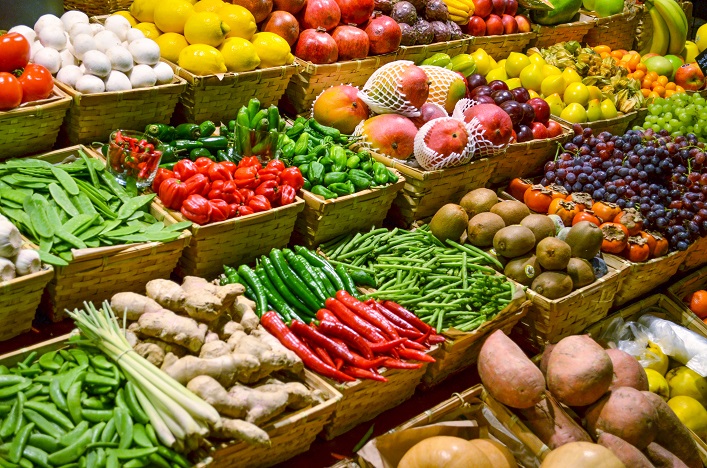This year, global food imports may rise to a record $1.98T.


This forecast is 1.5% higher than 2022’s record figure, which was estimated at $1.95T, said Maximo Torero, the chief economist of the UN Food Organization. He stressed that despite reaching a new all-time high, growth rates are expected to slow significantly compared to 2022 and 2021, when growth reached 11% and 18%, respectively.
In his view, high-income countries can offset rising food costs, while upper-middle and low-income countries will focus on supplying staple foods by reducing the quantity variety of their food imports.
Developing countries, net food importers, are the most vulnerable to rises in world food prices. Among these are African countries, which are already facing serious food security problems, and even hunger, the expert noted. According to him, most of these countries suffer from war conflicts in addition to difficult economic conditions.







